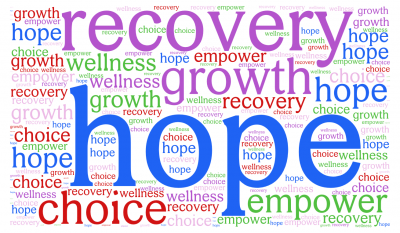Why is Influenza So Dangerous For Diabetics?
 Influenza is more dangerous for diabetics than it is for others. Why is this so? Any kind of sickness raises blood-sugar levels in diabetics. In fact, an Illness can prevent a diabetic from eating properly, which further affects blood-glucose levels. Diabetes compromises the immune system by causing people to become more vulnerable to severe cases of the flu, (Centers for Disease Control (CDC)). Diabetics who contract the flu usually get very sick, a lot sicker than other people who get the flu. In many cases, diabetics with the flu end up in the hospital.
Influenza is more dangerous for diabetics than it is for others. Why is this so? Any kind of sickness raises blood-sugar levels in diabetics. In fact, an Illness can prevent a diabetic from eating properly, which further affects blood-glucose levels. Diabetes compromises the immune system by causing people to become more vulnerable to severe cases of the flu, (Centers for Disease Control (CDC)). Diabetics who contract the flu usually get very sick, a lot sicker than other people who get the flu. In many cases, diabetics with the flu end up in the hospital.
People with diabetes can help keep themselves safe from the flu by getting a flu shot yearly, provided that they are not allergic to it, like many people are. The flu is definitely not good for everyone. Many people complain of getting sick after taking the flu shot. However, for the most part, it is very good in preventing the flu. It is recommended that everyone with diabetes, even pregnant women, should get a yearly flu shot, and the best time to get one is in October or mid-November before the flu season begins, (CDC).
According to the CDC, if one has diabetes, a flu shot can be the difference between life and death. In addition to the influenza vaccine, diabetics should also get the pneumococcal vaccine along with the Tetanus/Diphtheria (Td) Toxoid vaccine. All measures should be taken to stay as safe as possible from infections.
There are some important measures one can take to avoid getting sick. Washing hands regularly is a very good practice in stopping the spread of influenza and other infections. One should avoid contact with sick people. Influenza for example is thought to spread from person-to-person through coughing, sneezing, or contact with infected people. If one is feeling under the weather, the CDC recommends that one should stay home from work or school to limit contact with others to keep them from getting sick also.
Regardless of the circumstances, diabetics should continue taking their medications (pills or insulin), even if they cannot eat while sick with the flu. Health care providers may at times advise diabetic patients to take more insulin during sickness, depending on the situation, (CDC).
Very close supervision should be employed by diabetics when they are experiencing any form of sickness. Here are some critical steps to follow in the case of illness: test blood-glucose levels every hour–all results should be recorded and monitored; drink extra (calorie-free) liquids, and try to eat normally; if eating normally isn’t possible, eat soft foods and liquids containing the same amount of carbohydrates one normally consumes; weigh oneself every day-losing weight without effort could be a sign of high blood-glucose; and check body temperature every morning and evening–an onset of fever could be a sign of infection, (CDC).
One should call her or his health care provider or go to the emergency room if any of the following occurs: feeling too sick to eat normally-unable to keep down food for more than 6 hours; episodes of severe diarrhea; losing 5 pounds or more; body temperature is over 101 degrees F; blood-glucose is lower than 60 mg/dL or remains over 300 mg/dL; experience moderate or large amounts of ketones in urine; feeling sleepy or unable to think clearly; and having trouble breathing, (CDC).
Diabetics have to be extra careful when it comes to the flu because diabetes itself compromises the immune system of diabetics. Therefore, prevention of the flu is the best medicine. Although the flu shot doesn’t agree with everyone, it is still the most effective remedy against the flu. So, all efforts should be made in getting a flu shot every year.
Please visit the CDC for more information on diabetes and influenza.
